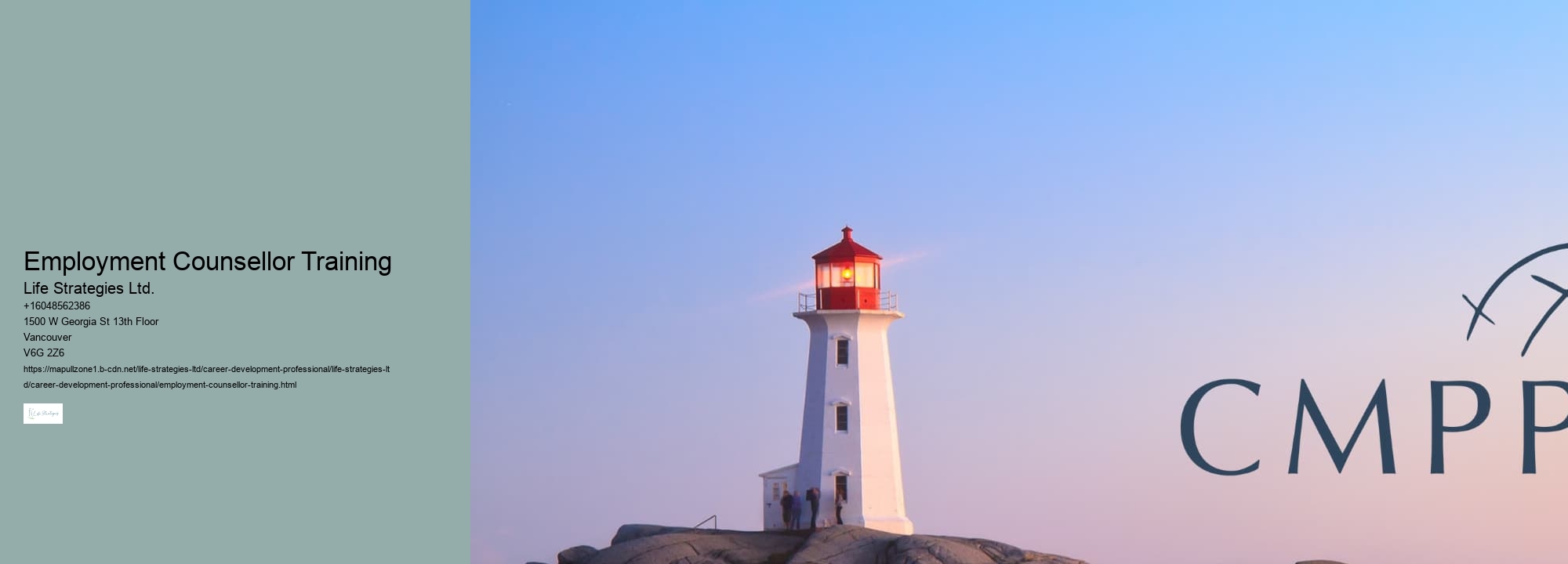
The best way to move up in your organization is by managing your career. However, many people have no idea how to do this effectively. This article will help you learn the basics of effective career management.
Career management is the process of managing your career in a way that helps you achieve your personal and professional goals. Learn more about Career Development Professional from visiting Life Strategies Ltd's website. It requires awareness, planning, action, and follow-through.
Career management involves three important steps: Self-Assessment – Knowing yourself and your strengths and weaknesses, what you want out of life, your values, goals and priorities. Setting Goals – Developing specific, measurable goals that will help you achieve what you want out of life and work. Taking Action – Acting on your goals by setting priorities, taking risks and making changes.
In a world of rapid change where job security is not guaranteed, you need to take charge of your career. If you don't, you may find yourself stuck in a job that you hate.
The best Competency Framework services available in Vancouver.Career management is not just for high-powered executives or those who are dissatisfied with their jobs. It's important to everyone.
Why? Because your career is a big part of who you are and what you achieve in life. It's the means to an end, not the end itself. The more control you have over your career, the more likely you are to be successful.
It's Your Life – You have one life and it is important to live it in a way that makes you happy. If your job is making you miserable, it's time to make some changes.
The "Big Picture" – Your career is part of a bigger picture. As you progress through life, your career will take on different roles and importance. It is important to plan ahead for these changes so that you can make the right choices along the way.
It's Not All About You – Your career will affect many other people in your life: family, friends, co-workers, and even strangers. Make sure that you are making choices that are good for everyone involved.
It's Not All About Work – Just because you have a job, it doesn't mean that your life is all about work. Be sure to make time for the important people and activities in your life.
Be Prepared – Know where you are going, so that you can get there more easily. Make sure to take advantage of the many resources available to help you plan your career.
Be a Leader – Use your talents to help others. You can make a difference in the lives of those around you, and you will also be helping yourself along the way.
Don't Be Afraid to Change – It's okay to change your mind about what you want from a career. In fact, it is better to make changes when necessary than to stay in a job you don't like.
Be Realistic – You can have a great career and still be able to enjoy the other things in your life. If you are realistic about what is important to you, your career will be a success.
Don't Be Afraid to Fail – You are not going to succeed at everything the first time or even the fifth time. Keep trying and you will succeed.
Be a Lifelong Learner – Whether you are 15 or 50, it is never too late to learn something new that could help your career.
There are many mistakes that people make when managing their careers. Here are a few of them:
The most common mistake is to focus on the job title instead of focusing on what you want to achieve. Many people make the mistake of thinking that their career is about getting a high-level job title, such as "Vice President," "Chief Executive Officer" or "President." If you focus on getting a high-level job title, your career will be about what other people think of you. You'll never achieve the things that are most important to you.
You might also focus on getting a high-level job title because you think that it will make you happy. This is another mistake, and here's why: when most people get a high-level job title, they think that their work is over. They stop doing the things that got them to where they are. They stop doing the things that made them successful.
The truth is, your career isn't about getting a high-level job title. Your career is about achieving your goals and living up to your potential. It's about being the person you want to be and doing the things that are most important to you.


Your career is your life, so don't waste it on a high-level job title.
Many spend too much time working at jobs that they dislike or are not good at. This is particularly true for students who have not yet developed a strong sense of self. They often take the first job that comes along, because it seems to be more important to get started in a career than to find one that is a good match.
Trying out new jobs is a great way to learn what you like and dislike. People who are unhappy with their first job should do something about it. They will never be happy in their work if they stay stuck in a job that is not right for them.
People often make the mistake of not investing enough time learning and growing. This is a big problem because it can drastically affect one's career, especially if they are in an industry that changes quickly.
In fact, the average person changes careers seven times in their lifetime. This is because people are not keeping up with the pace of change in their industry and they are getting left behind.
Many people think they can just wait and hope their career goals will come to them. This is not the case, as one needs to be persistent in order for their goal to become a reality.
One should also be prepared to take risks because this is the only way that one can achieve success and happiness. They need to be ready to work hard and not give up on their dreams.
Managing your career is the best way to advance in your organization. Many people, however, have no idea how to do this effectively. This article will teach you the fundamentals of effective career management.
Career management is the process of managing your career in order to achieve your personal and professional objectives. It necessitates forethought, planning, action, and follow-through.
Three critical steps are involved in career management: Self-Assessment entails becoming acquainted with oneself, as well as one's own strengths and weaknesses, as well as what one desires in life, as well as one's own values, goals, and priorities. Setting Goals - Creating specific, measurable goals to help you achieve your life and work objectives. Taking Action entails carrying out your goals by establishing priorities, taking risks, and making changes.
In a world where job security is not guaranteed, you must take charge of your career. If you don't, you might end up stuck in a job you despise.
Career management isn't just for high-level executives or those who are unhappy in their jobs. It is critical for everyone.
Why? Because your profession shapes who you are and what you achieve in life. It's a means to an end, not the end in and of itself. The more you have control over your career, the more likely you are to succeed.
This is Your Life - You only have one life, so live it in a way that makes you happy. If your job is causing you stress, it's time to make a change.
The "Overall Picture" - Your career is a component of a larger picture. Your career will take on different roles and importance as you progress through life. It is critical to plan ahead of time for these changes so that you can make the best decisions along the way.
It's Not Just About You - Your career will have an impact on many people in your life, including family, friends, coworkers, and even strangers. Make sure your decisions are beneficial to everyone involved.
It's Not All About Work - Just because you have a job doesn't mean your life revolves entirely around it. Make time for the people and activities that are important to you.
Prepare yourself - Know where you're going so you can get there faster. Make use of the numerous resources available to assist you in planning your career.
Be a Leader - Use your abilities to assist others. You can make a difference in the lives of those around you while also benefiting yourself.
Don't be afraid to experiment - It's fine to change your mind about your career goals. In fact, it is preferable to make changes when necessary rather than remain in a job you dislike.
Be realistic - You can have a great career while still enjoying the other aspects of your life. Your career will be successful if you are realistic about what is important to you.
Don't Be Afraid to Fail - You won't succeed at everything the first or even fifth time. Continue to try, and you will succeed.
Be a Lifelong Learner - It is never too late to learn something new that will help your career, whether you are 15 or 50.
People make numerous mistakes when it comes to managing their careers. Here are a few examples:
The most common error is to focus on the job title rather than what you want to achieve. Many people make the mistake of believing that obtaining a high-level job title, such as "Vice President," "Chief Executive Officer," or "President," is the goal of their career. If you prioritize obtaining a high-level job title, your career will revolve around what others think of you. You'll never accomplish what's most important to you.
You might also prioritize obtaining a high-level job title because you believe it will make you happy. This is another mistake, and here's why: most people believe that once they get a high-level job title, their work is done. They stop doing the things that got them to this point. They cease to do the things that have made them successful.
The truth is that obtaining a high-level job title is not the goal of your career. Your career is all about achieving your objectives and living up to your full potential. It's about becoming the person you want to be and doing the things that matter most to you.
Who is a career development practitioner?
Who is a career development practitioner?
Who is a career development practitioner?